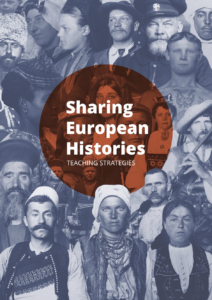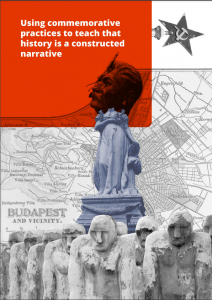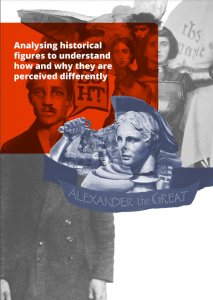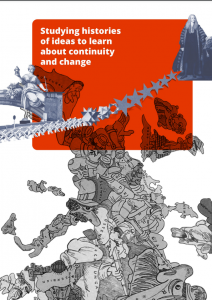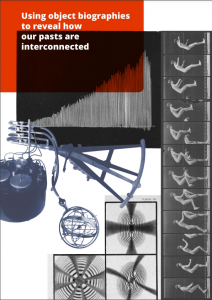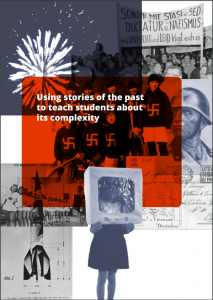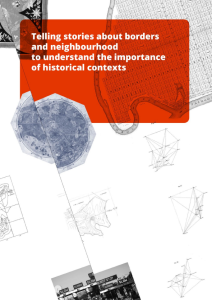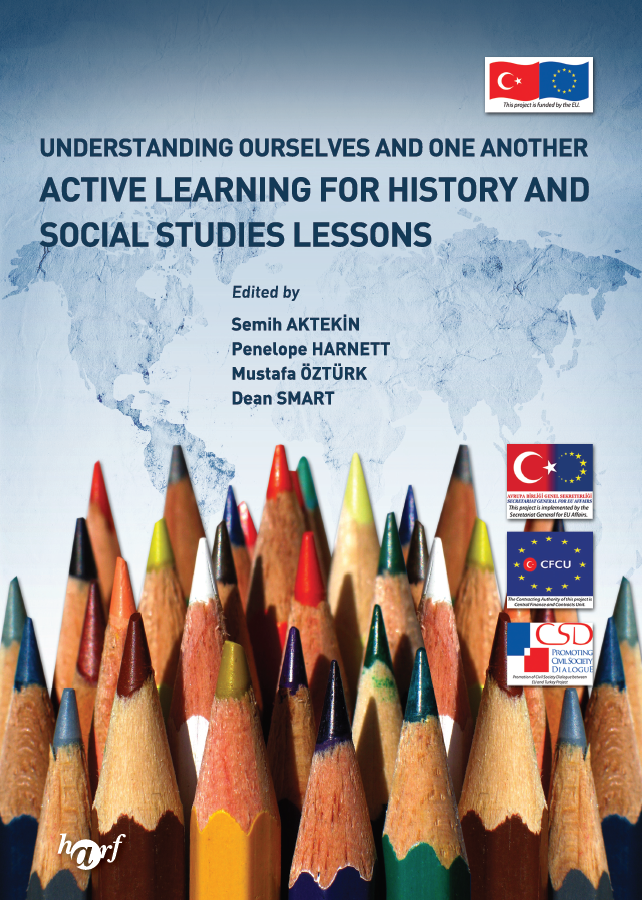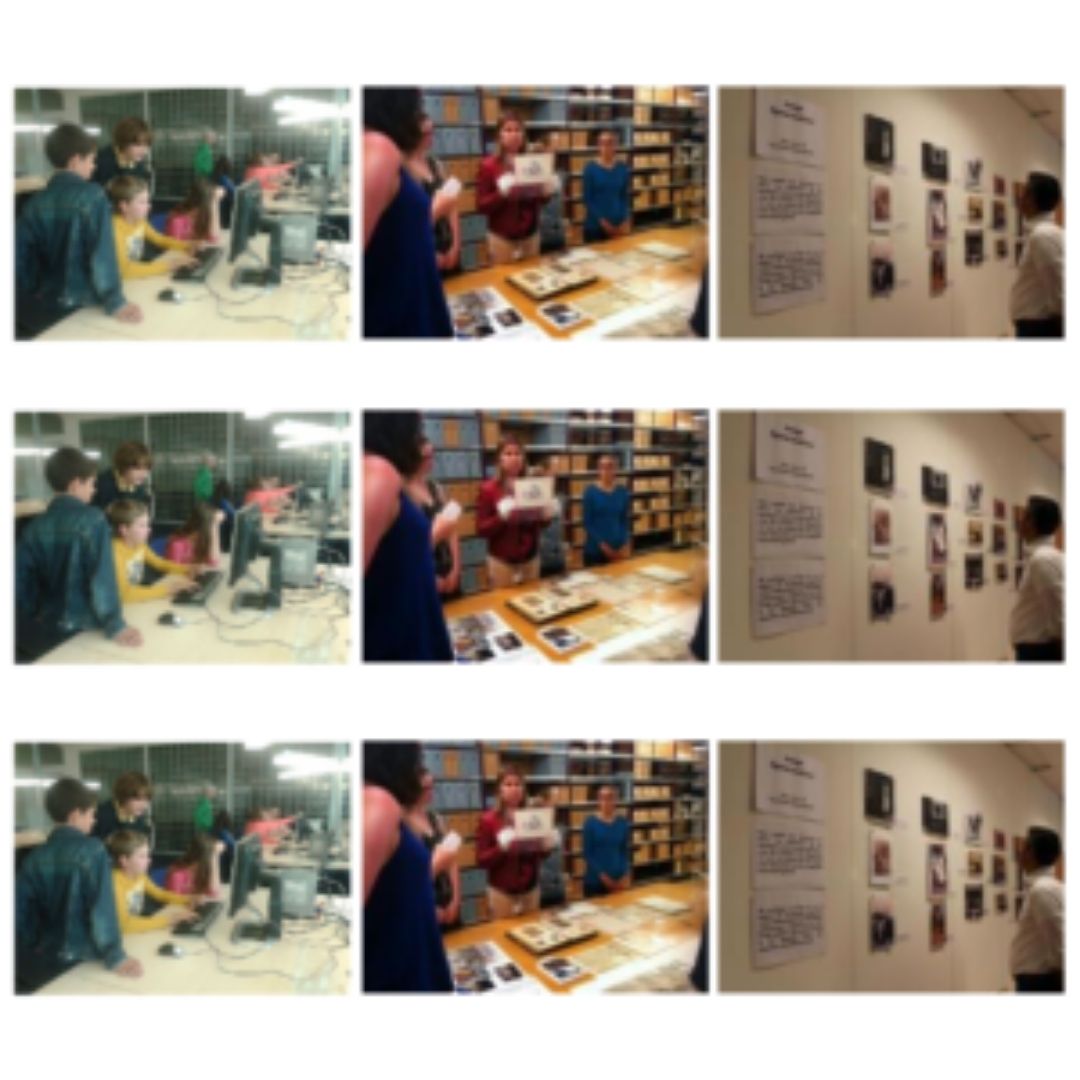Donor & Partner
The project has been implemented with the support of the Evens Foundation.
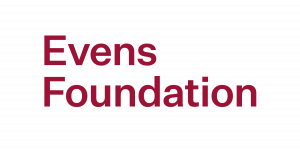
One of the concrete outcomes of Sharing European Histories is the development of 5 teaching strategies, developed by a team of authors (please see the SEH project page for further information). These innovative strategies challenge how history education has been taught in the past and aim to teach the complexity and multiplicity of European Histories, in order to better understand the continent. The five strategies developed are:
- Using stories of the past to teach students about its complexity
-
Using commemorative practices to teachthat history is a constructed narrative
-
Using object biographies to reveal howour pasts are interconnected
-
Analysing historical figures to understand how and why they are perceiveddifferently
-
Studying histories of ideas to learn aboutcontinuity and change
Please find below the publication of the strategies, which can be downloaded, in the following 10 languages; English, German, Greek, Polish, Portuguese, Serbian, Spanish, Turkish, Ukrainian, and Italian:
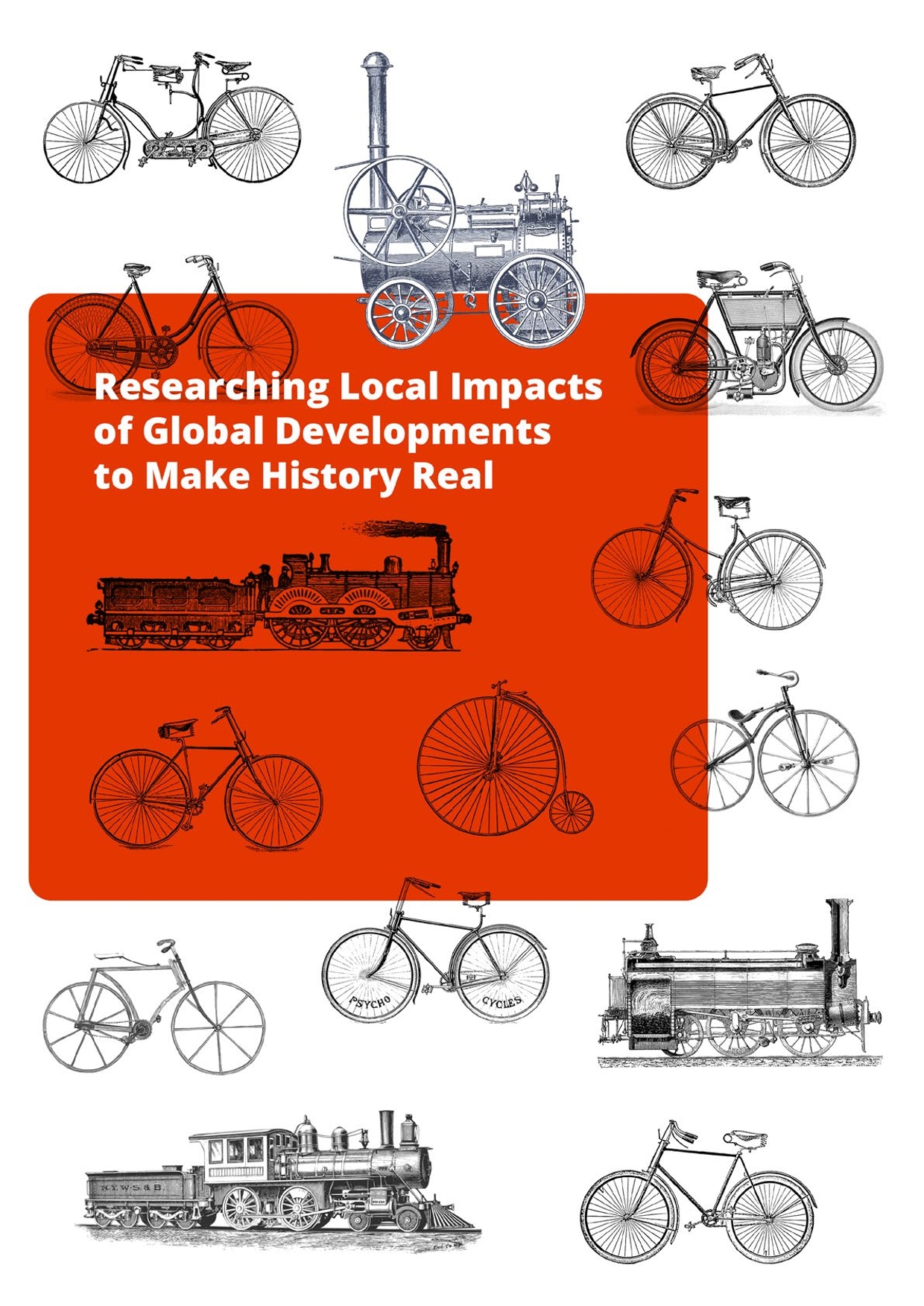
Local Impacts of Global Developments
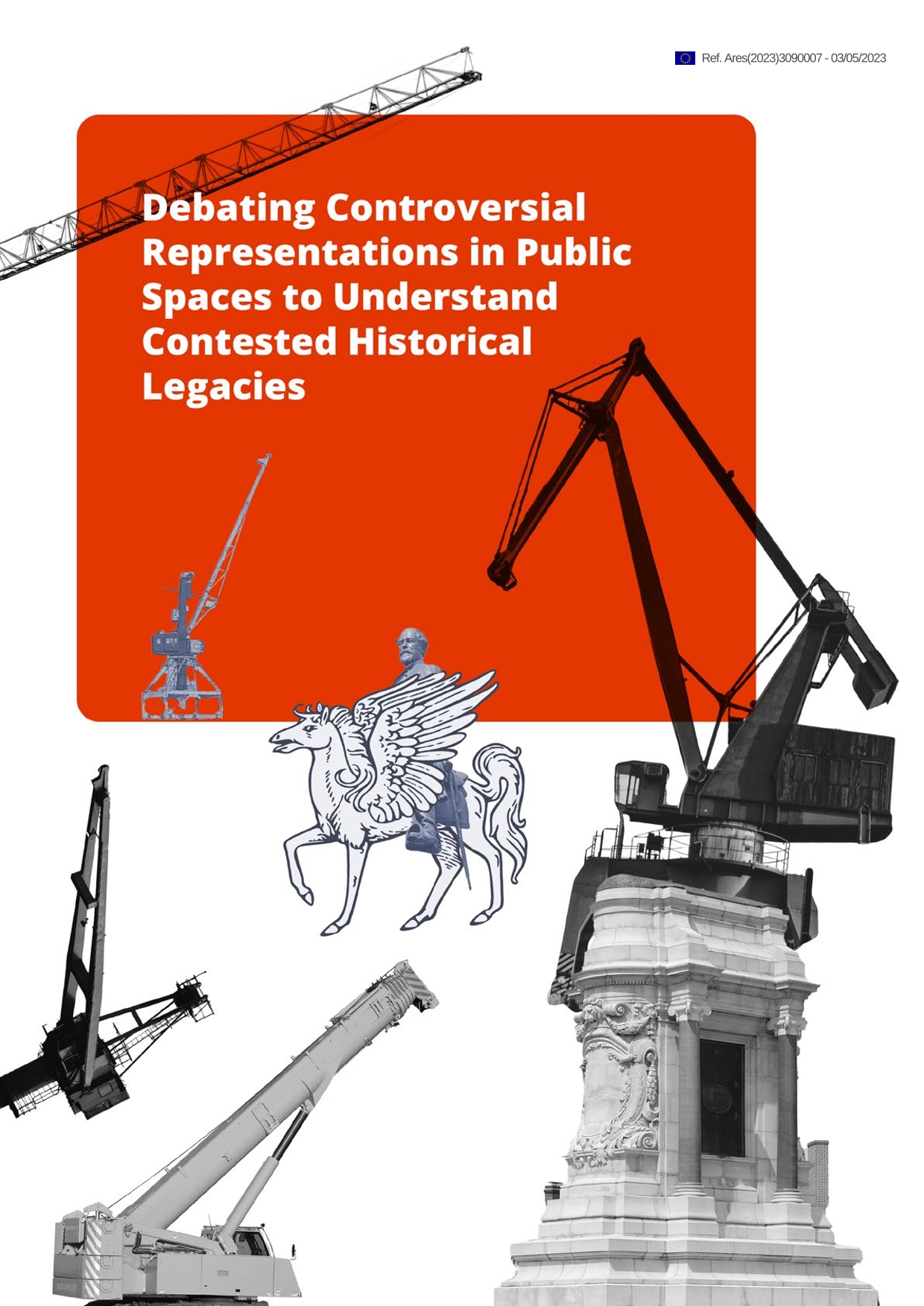
Debating Controversial Representations
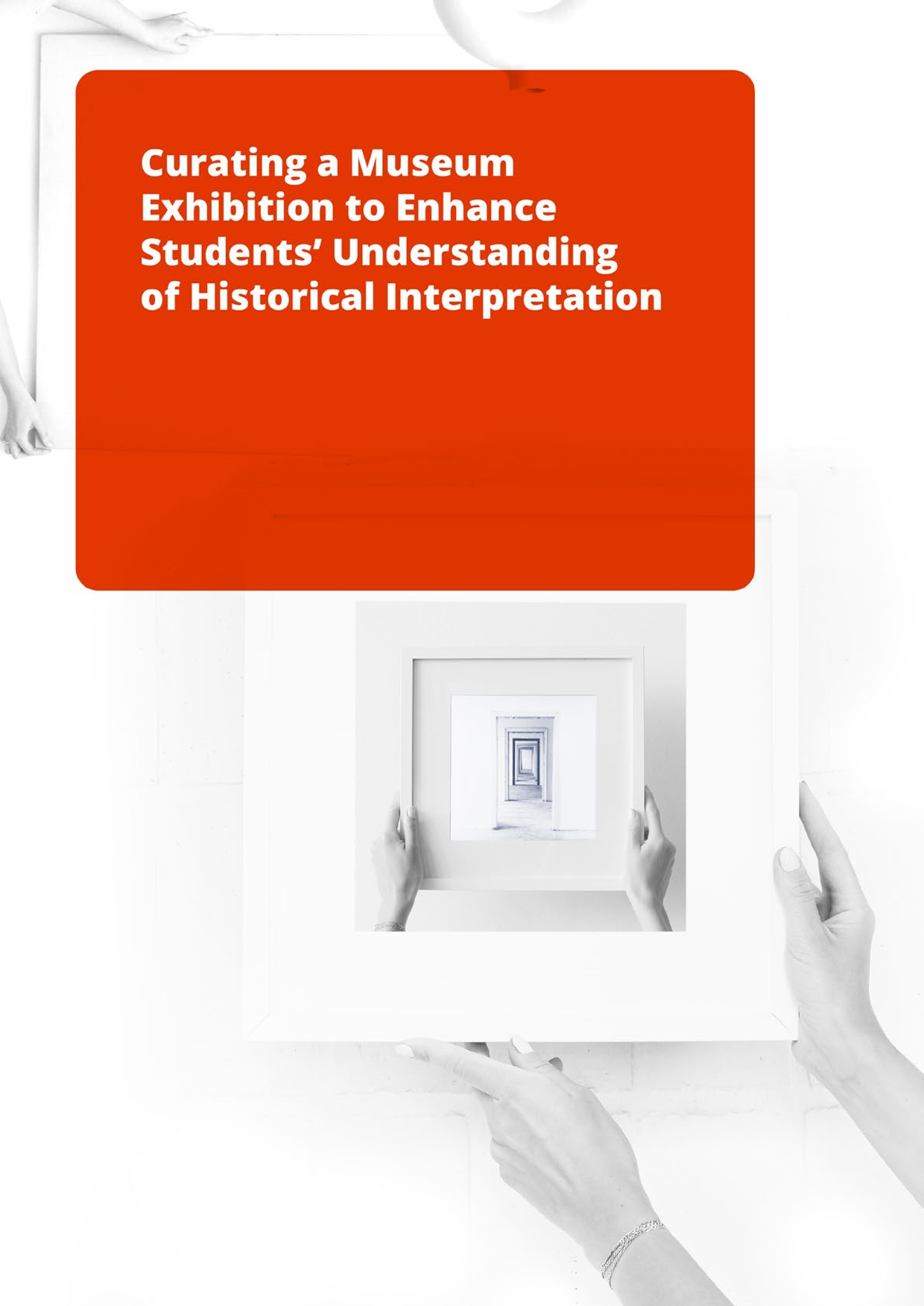
Curating a Museum
Soon also to be available in:
- Albanian
- Armenian
- Spanish
Team Members
Project Managers:
- Steven Stegers, Executive Director EuroClio
- Eugenie Khatschatrian, Project Manager EuroClio

Active Learning for History and Social Studies Lessons
The book “Active Learning for History and Social Studies Lessons” [...]

Helsingor declaration

Finding the roots of your own past Making students familiar with migration history

The AVATAR method: historical empathy through imagination

“The textbook is man-made’. Using history textbooks for active learning, critical thinking and citizenship-building’

